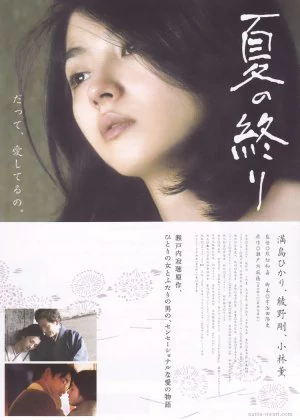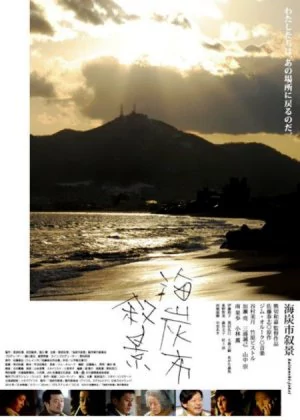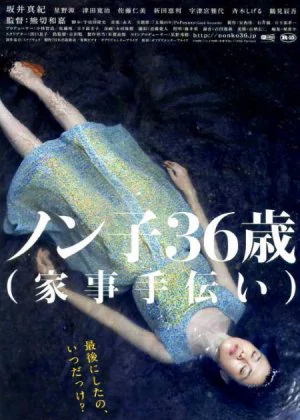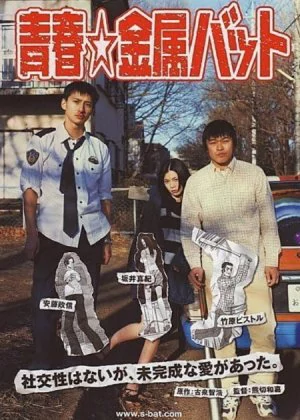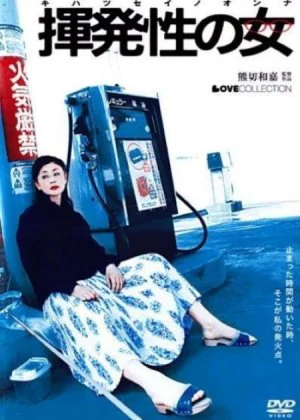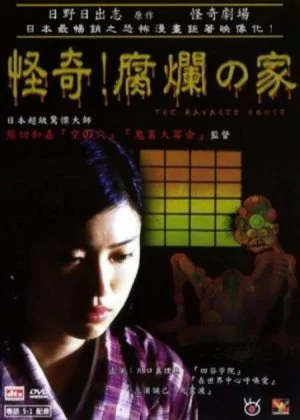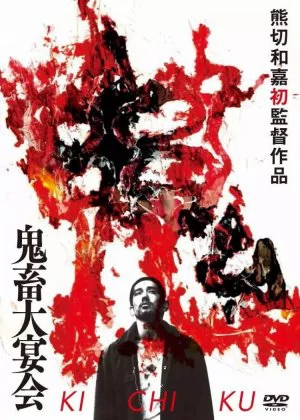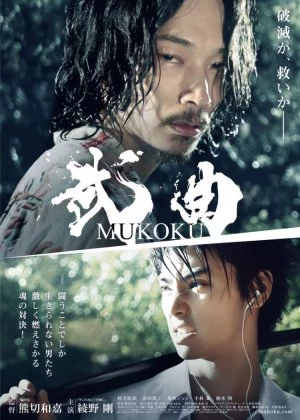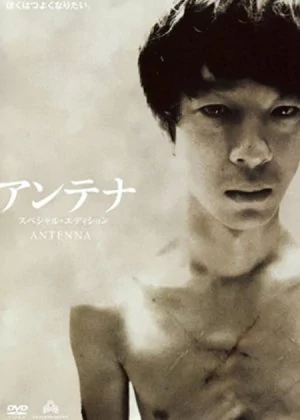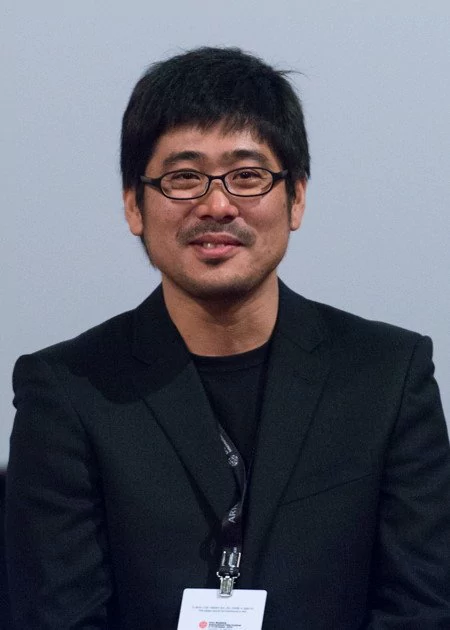
Not sure whether he's being ignored or simply forgotten, but Kumakiri is one of Japan's most capable directors when it comes to dark drama. A hidden gem whose oeuvre is well worth exploring, but his work isn't that easy to dig up.
Movies
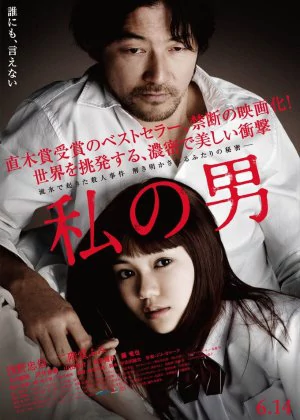
With a superb soundtrack, two killer leads and some visual panache, Kumakiri delivers a film that has the power to linger. That is, if you can stomach the punches My Man dishes out.
Kumakiri is back on track. Mukoku is a powerful drama mixed with strong genre elements (in the form of Kendo). The acting is superb, the film looks lush and the score is a real asset. Not as subtle as you may expect from a Japanese drama, but not worse for it.
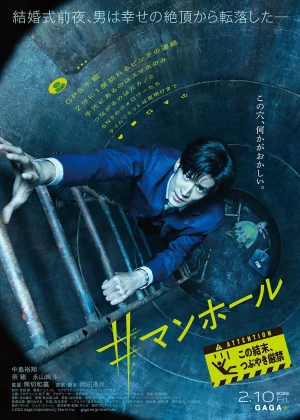
Kumakiri's latest is a smart thriller with a devilish dark comedy streak. It's been a while since Kumakiri made a straightforward genre film, but he's clearly still capable enough. #Manhole is claustrophobic, full of twists and turns and it offers a pretty sarcastic take on social media. The production is slick, there is hardly any fat and whenever the film looks like it is about to settle down, the story is given yet another extra spin. It's not a film that transcends its genre roots, but if you're looking for some prime but simple genre fun, this is no doubt one of the better offerings this year.
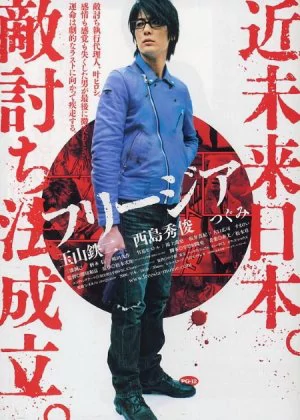
Kazuyoshi Kumakiri is an odd choice for doing a manga adaptation, it's no surprise then that Freesia: Icy Tears turned out to be a pretty odd film. Its fictional future is never explained in full, the characters are rather hard to read, and the somewhat muted approach to the material is certainly not standard. And that's exactly what makes this film stand out. It's a pretty intriguing and mystifying feature that kept me interested in the story and characters, while also establishing a unique atmosphere. Nothing quite like it, which makes it a worthy recommendation in my book.
Very few people manage grim drama like Kazuyoshi Kumakiri. Antenna is one of his earlier works, but it hasn't lost much of its original appeal. It's not the most explicit film, that said, it's not the easiest to watch either, and people looking for something more accessible should probably reconsider. The solid cinematography, strong performances, and risqué topics make this a treat for fans of dark Japanese dramas. I'm glad people like Kumakiri exist and are allowed to make films, even if he never really got the broader respect he deserves.
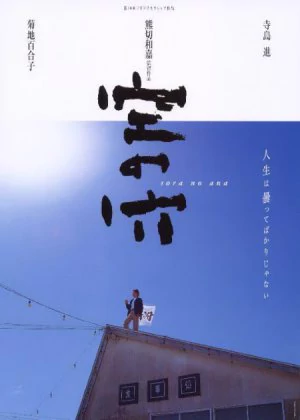
Hole In The Sky is slow-paced cinema. There isn't much happening in terms of dramatic events, the characters are rigid and introvert and odd behavior is often taken for granted.
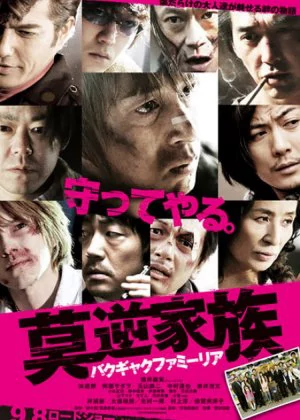
Kumakiri's take on the Japanese brawler genre. He's a pretty good fit, placing his film somewhere between franchises like Crows Zero and more traditional gangster films. The visuals are pretty dark and gritty, the characters are slightly over-the-top yet remain grounded, and the drama is pleasant, without overpowering the crime and action elements. The start of the film is a little hectic, but once Kumakiri settles into his groove, there's a lot to love.
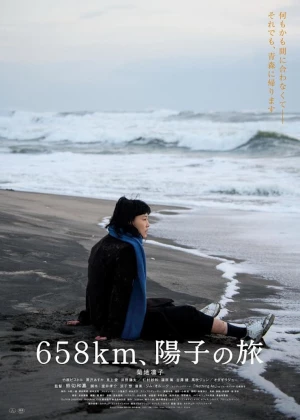
If Kumakiri went back to his genre roots with #Manhole, Yoko no doubt was made to quell his arthouse thirst. It's a dark and sullen drama, the kind Kumakiri loves to make between his more entertaining projects. And it's a good one too, it's just not up to par with his very best work. Rinko Kikuchi is a good actress, but she didn't seem to be entirely comfortable with her character. The cinematography was nice, but a bit predictable, as was the road movie structure. It's a film without any real weaknesses, the only real problem is that I've seen this type of thing done better. Good, but not one of Kumakiri's best.Read all
